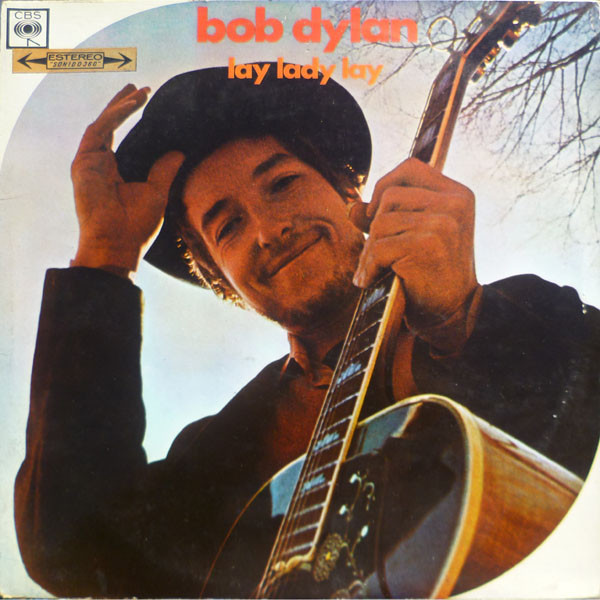
About the Song
Lay Lady Lay by Bob Dylan: A Song of Love and Domestic Bliss
Lay Lady Lay, a song written and performed by the legendary Bob Dylan, is a captivating ballad that paints a vivid picture of domestic bliss and the simple joys of shared intimacy. Released in 1969 as part of Dylan’s Nashville Skyline album, the song marked a departure from his earlier, more folk-oriented sound, embracing a more country-infused style.
The song’s opening lines, “Lay, lady, lay / Lay across my big brass bed,” immediately set the scene, inviting the listener into a cozy, intimate space. The brass bed, a symbol of both wealth and comfort, serves as a focal point for the couple’s shared affection.
Dylan’s lyrics capture the essence of domestic love, portraying a couple who find solace and contentment in each other’s company. The imagery of “colors you have in your mind” suggests a deep understanding and appreciation of the other’s inner world, while the phrase “see them shine” implies a mutual admiration and respect.
The song’s chorus, “Stay, lady, stay / Stay with your man awhile,” reinforces the theme of domestic bliss, emphasizing the desire for companionship and connection. The repetition of the word “stay” creates a sense of urgency, as if the narrator is pleading with his beloved to linger in this moment of shared intimacy.
The second verse expands on the imagery of the first, painting a picture of the man’s humble yet hardworking nature. His “dirty clothes” and “clean hands” suggest a life of honest labor, while the line “you’re the best thing that he’s ever seen” highlights the woman’s importance in his life.
The bridge of the song takes a more philosophical turn, pondering the nature of happiness and fulfillment. The lines “Why wait any longer for the world to begin / You can have your cake and eat it too” suggest that true happiness lies not in waiting for an external event but in embracing the present moment and savoring the simple joys of life.
The song’s final verse reiterates the invitation to “lay, lady, lay” and “stay, lady, stay,” emphasizing the narrator’s desire for continued companionship and intimacy. The line “I long to see you in the morning light” suggests a longing for a future filled with shared experiences and mutual love.
Lay Lady Lay concludes with a sense of contentment and peace, leaving the listener with a warm, lingering feeling of domestic bliss. Dylan’s masterful use of imagery and his heartfelt lyrics create a timeless ballad that celebrates the simple joys of love and companionship.
